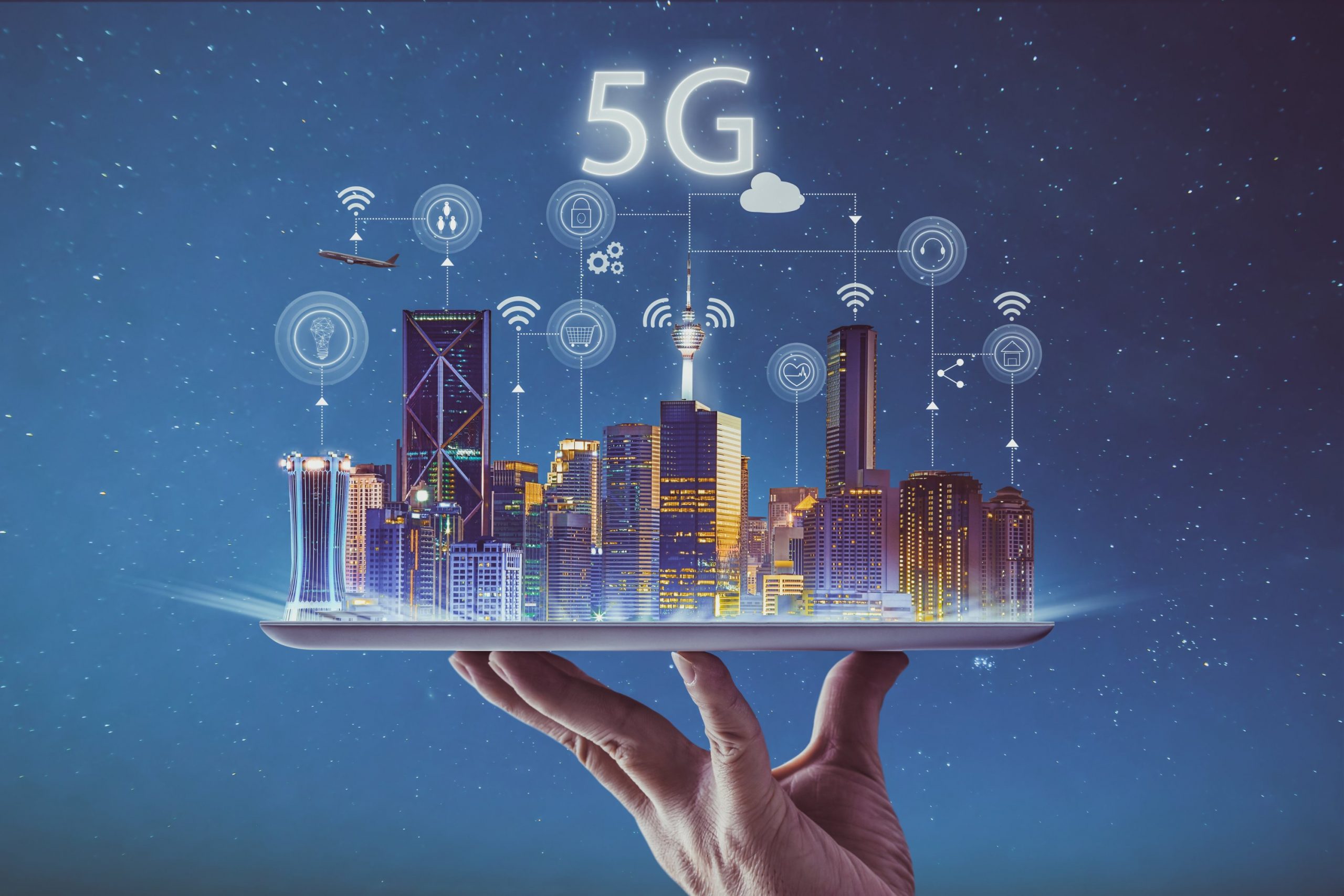Table of Contents
The spread of the 5G network is still in process but one thing it promises is a faster and reliable network connection. Many people have this misconception that 5G is only a mobile technology and it will only benefit our smartphones and computers. But it is not completely true. As the network coverage expands, 5G offers will become easily accessible and it will transform the technology in our houses as well.
We’re living in times where our homes are filled with connected devices. Not just smartphones, tablets, laptops, and streaming sticks require internet but the smallest things from the thermostat of your house to security cameras will stop functioning if you face a network outage. 5G is going to be the game-changer for people who are all up for smart home systems and future-oriented approaches.
Till the 5G network make its way to the mainstream market, one of the leading ISPs of America, ATT internet is serving the cause by offering lag-free and fast internet speeds you’ll need to run your smart home devices smoothly. AT&T is still offering the option to access 5G network but only with Wireless plans and limited availability. Safe to say, we can expect the company to bring 5G to the mainstream market with wider availability in near future.
Advanced Security
With the bandwidth and speeds 5G promises, home security will become super advance and users will face less latency with faster service. And as the 5G network will broaden its horizons with wide availability remote areas will become easier to cater for home security and property monitoring purposes. 5G’s low–power ability will offer connectivity to security alarms, security cameras, and other safety equipment.
Latency is a nightmare for someone who owns a smart home security system and receives an alert from your home security system when you’re away from home. In those moments, you want the video to load faster and show you if there is something to worry about at home. Even the seconds of delay feels like a tough situation.
This is exactly why smart homes require a network like 5G to work efficiently where the response is minimized to one or two milliseconds. The improved latency of 5G will also benefit motion sensors. It will reduce the time between the triggering of a sensor and its notification getting delivered on your mobile device.
Saves energy costs
Smart homes are generally known for saving energy costs and 5G technology will make this even matter. It will support more than one device on a single network and allow people to add more smart devices in their homes that work automatically and do not require manual help for programming and managing the power use.
Many smart home devices that we have currently involve a lot of work from the users’ end. 5G networks will introduce the spread of devices that could potentially be automated and not require manual support. Smart homes and smart devices will become more energy efficient as new techniques aim to extend the battery life of IoT devices such as connected refrigerators and air conditioners, up to 15 years.
Efficient working of Smart home hubs
Smart home devices are growing in number almost in every household. Where only smartphones, laptops, and tablets were smart essentials in every home, IoT gadgets are taking over. Amazon Echo, Google Nest, Alexa smart lights, smart locks, even connected refrigerators and mini-robots for serving in pro-tech homes are now becoming part of our homes.
5G is expected to offer a consistent form of service that can ensure quick setup and less time for smart home hubs to operate and function. The lower latency and higher frequency 5G networks offer will enable each of the smart devices to give their best performances.
Improved connectivity
Connected devices are what was dependent on now. From smart thermostats to surge protectors, connected devices provide convenience and comfort in our daily routines. And what do all these devices want to function efficiently? A network connection with higher bandwidth. The connected smart homes cannot rely on a network that doesn’t support multitasking and multi-connectivity.
5G will offer space for a lot more devices to stay connected simultaneously. The ability to provide a low-power wide-area network makes a 5G network ideal for running smart home products that require reliable connectivity.
Better home control
Don’t you hate it when the Alexa app takes several seconds to turn on the lights or Alexa‘s voice assistance takes a few seconds to send a message? Well, it’s not Alexa’s fault technically. It’s your network. 5G is going to change that completely by eliminating the gap between your command ad device’s response time.
Similarly, all the smart devices in your home that require a voice command or some type of human command to work will become a hundred times more efficient as 5G is going to provide you with better home control than ever.
Wrapping it up
So far the expectations we hold with 5G are super high and only time will tell how much 5G is going to impact our lives. But something that is understood is that it will get all the hype and won’t go unnoticed. Smart homes will only become smarter with the 5G connectivity. It is expected to improve the speed and reliability of smart home systems and expand the demand for smart home devices in the coming future.








